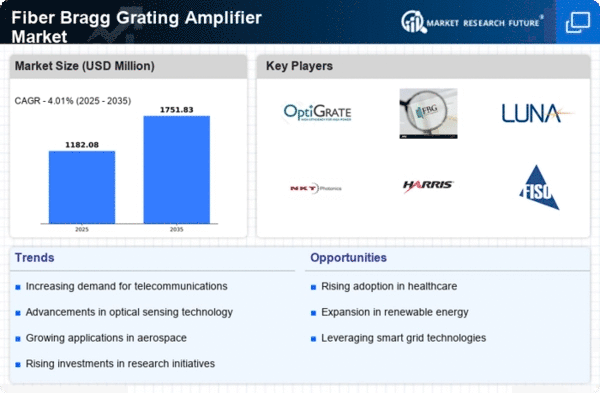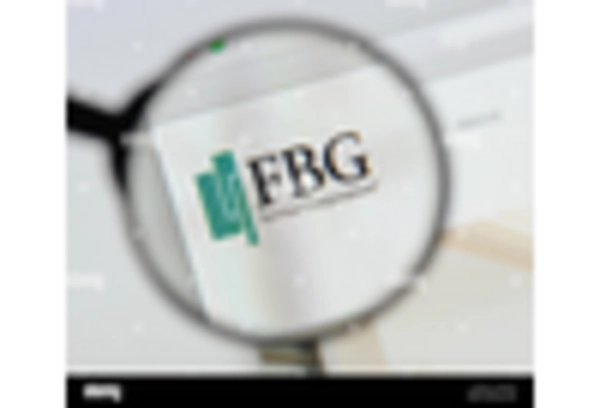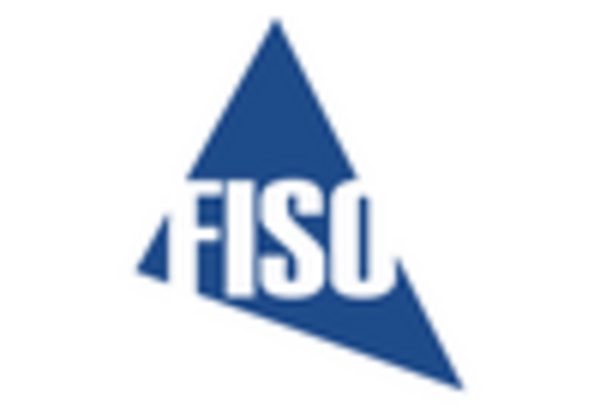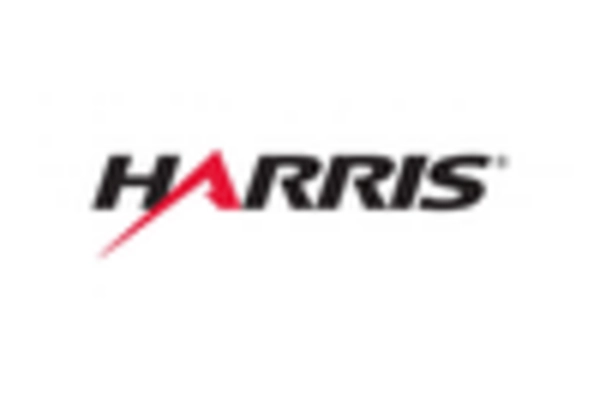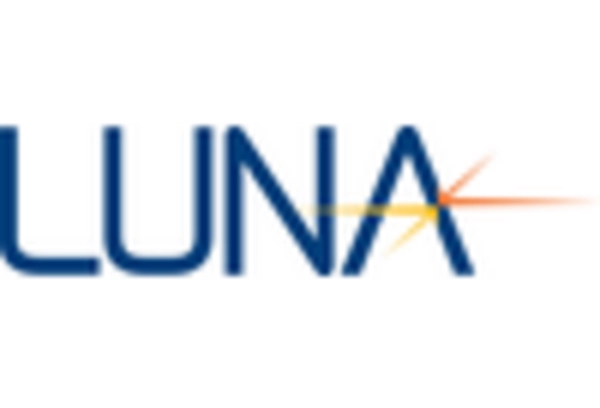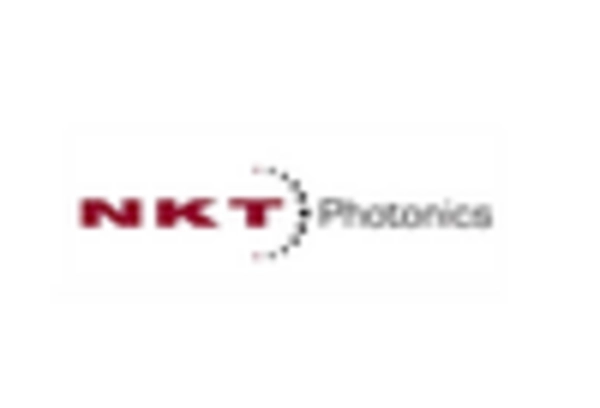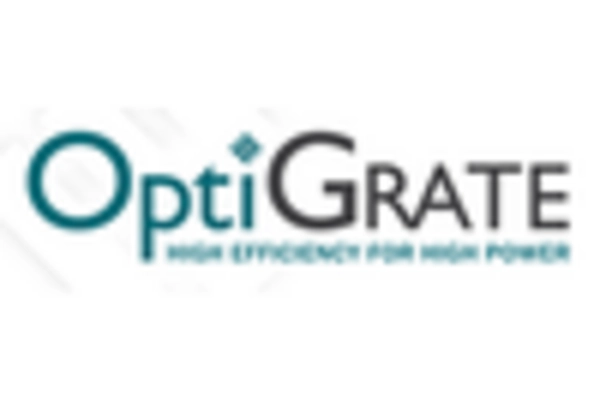Advancements in Sensing Technologies
Innovations in sensing technologies significantly contribute to the growth of the Global Fiber Bragg Grating Amplifier Market Industry. These amplifiers are integral to various applications, including structural health monitoring and environmental sensing. The ability to provide real-time data with high accuracy enhances their appeal across industries such as aerospace, civil engineering, and oil and gas. As industries increasingly adopt smart technologies, the demand for reliable and precise sensing solutions is expected to rise, further propelling market growth. The anticipated market value of 1.75 USD Billion by 2035 underscores the potential of these advancements.
Rising Adoption in Medical Applications
The rising adoption of Fiber Bragg Grating Amplifiers in medical applications is a notable driver for the Global Fiber Bragg Grating Amplifier Market Industry. These amplifiers are utilized in various medical devices, including optical coherence tomography and minimally invasive surgeries. Their ability to provide precise measurements and enhance imaging quality is crucial in advancing medical technologies. As the healthcare sector continues to embrace innovative solutions, the demand for fiber optic-based devices is expected to grow. This trend may contribute to the overall market expansion, reflecting the increasing intersection of technology and healthcare.
Growing Demand for Optical Communication
The increasing demand for high-speed data transmission in telecommunications drives the Global Fiber Bragg Grating Amplifier Market Industry. Fiber Bragg gratings are pivotal in enhancing signal quality and reducing losses in optical networks. As global internet traffic continues to surge, with projections indicating a compound annual growth rate of 3.96% from 2025 to 2035, the need for efficient amplifiers becomes critical. In 2024, the market is valued at approximately 1.14 USD Billion, reflecting the industry's response to the escalating requirements for bandwidth and reliability in communication systems.
Integration with Renewable Energy Systems
The integration of Fiber Bragg Grating Amplifiers with renewable energy systems is emerging as a key driver for the Global Fiber Bragg Grating Amplifier Market Industry. These amplifiers play a crucial role in monitoring and optimizing the performance of renewable energy sources, such as wind and solar power. As countries strive to transition towards sustainable energy solutions, the demand for efficient monitoring systems is likely to increase. This trend aligns with global efforts to enhance energy efficiency and reduce carbon footprints, potentially leading to a more robust market presence in the coming years.
Increased Investment in Research and Development
The Global Fiber Bragg Grating Amplifier Market Industry benefits from heightened investment in research and development. Governments and private entities are increasingly funding projects aimed at enhancing the capabilities of fiber optic technologies. This investment fosters innovation, leading to the development of more efficient and versatile amplifiers. As new applications emerge, particularly in telecommunications and industrial sectors, the market is poised for growth. The ongoing commitment to R&D may result in breakthroughs that further expand the market's potential, ensuring its relevance in an evolving technological landscape.


